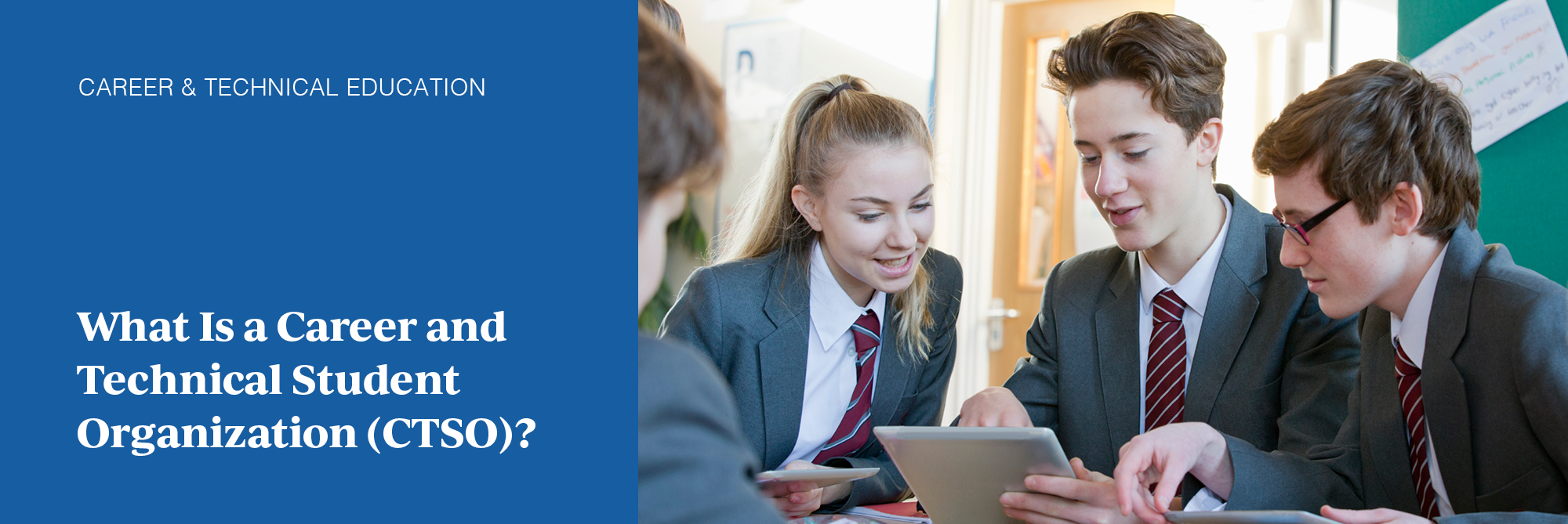Career and Technical Education (CTE) | CTE Career Clusters
What Is a Career and Technical Student Organization (CTSO)?
Coming from a family of educators, Brad knows both the joys and challenges of teaching well. Through his own teaching background, he’s experienced both firsthand. As a writer for iCEV, Brad’s goal is to help teachers empower their students by listening to educators’ concerns and creating content that answers their most pressing questions about career and technical education.
Are you new to teaching in a career and technical education (CTE) program? If so, you've likely heard the phrase 'CTSO' and are wondering what it means and how it impacts your students.
A career and technical student organization (CTSO) is an extracurricular group for students in CTE pathways to further their knowledge and skills by participating in activities, events, and competitions.
To become a nationally recognized CTSO, an organization must meet the membership criteria indicated by the National Coordinating Council for Career and Technical Student Organizations (NCC-CTSO).
There are currently eight CTSOs that are recognized members of the NCC-CTSO coalition:
- Business Professionals of America
- DECA
- Family, Career and Community Leaders of America
- Future Business Leaders of America - Phi Beta Lambda
- HOSA - Future Health Professionals
- National FFA Organization
- SkillsUSA
- Technology Student Association
On this page, we’ll take a look at these CTSOs, the purpose of each one, who would benefit from joining, and other detailed information. We’ll also reflect on the impact CTSOs have on the workforce.
First, let’s take a look at career and technical education as a whole to better understand how CTSOs fit into CTE programs.
What Is Career & Technical Education?
Career and technical education is the practice of teaching specific career skills to students in middle school, high school, and post-secondary institutions.
CTE is made up of 16 career clusters which each related to careers in specific industries.
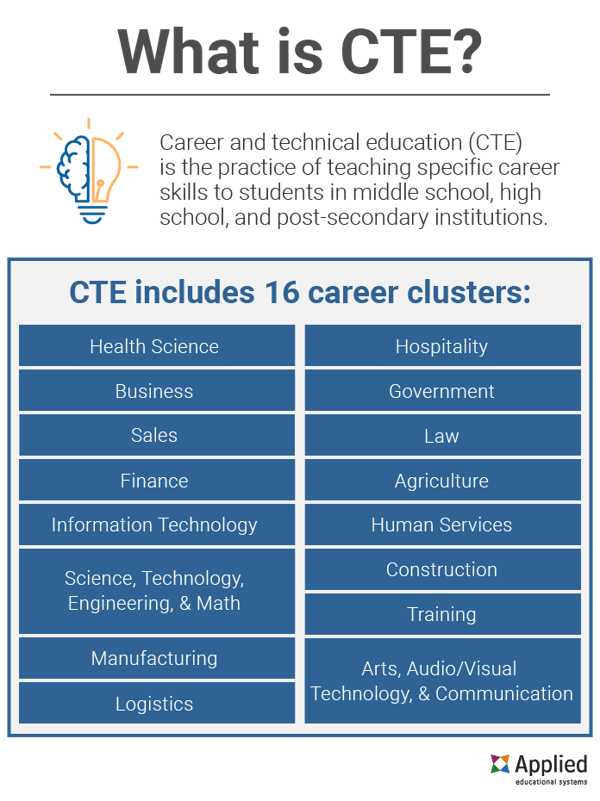
Overall, students who enter a CTE program are gaining knowledge and hands-on skill experience to prepare them for careers that they otherwise couldn’t pursue.
The 8 Career and Technical Student Organizations
Previously we listed the eight national CTSOs authorized by the National Coordinating Council for Career and Technical Student Organizations (NCC-CTSO) according to their membership criteria.
A key factor of being an authorized CTSO is that the organization must specifically relate to one or more of the 16 national career clusters. That being said, some CTSOs only apply to one career cluster, while others include students from many clusters.
There are more than 2 million student members combined across these organizations. That means CTSOs have a huge impact on the lives of people who will enter the workforce, ultimately helping to fill the increasing need for skilled workers.
To get an idea of how the CTSOs work, let’s take a look at each one.
1. Business Professionals of America

The Business Professionals of America (BPA) is a CTSO focused on providing student members with opportunities in leadership and citizenship while gaining academic and technological skills.
The career clusters that BPA aligns with are:
- Business & Management Administration
- Finance
- Information Technology
Overall, BPA has more than 45,000 student members in 1,800 chapters across 25 states and Puerto Rico.
The BPA has activities and programs that support skill-building as well as competitive events to measure those skills. The most impactful program provided by BPA is the Workplace Skills Assessment Program (WSAP), which consists of more than 90 competitive events at regional, state, and national levels in six assessment areas.
The biggest event for students in BPA is the National Leadership Conference (BPA NLC). Every year, thousands of students travel from across the country to meet up at this event.
The BPA describes the NLC as “four exciting days of competitions, leadership developments, workshops, national officer elections, fun tours, and much more.”
2. DECA

DECA is a CTSO that helps students develop college and career readiness skills. Specifically, DECA is focused on preparing students for careers in four clusters:
- Business Management & Administration
- Finance
- Hospitality & Tourism
- Marketing
While DECA is specific to students in those four career clusters, the organization’s viewpoint is that all of those careers fall into two overarching themes: Entrepreneurship and 21st Century Employability Skills.
DECA provides many ways for students to develop and showcase these critical skills, including “challenges,” competitive events, school-based enterprises, educational conferences, and more.
Something that makes DECA unique is that it has gone international. There are more than 222,000 members in 3,700 chapters across all 50 states plus chapters in other countries such as Canada and Germany!
3. Family, Career and Community Leaders of America
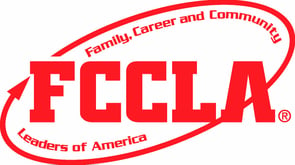
The Family, Career and Community Leaders of America (FCCLA) is unique in that it focuses on more than career skills and professional goals -- it also emphasizes balancing those things with family and community responsibilities.
The FCCLA states that it “engages students through career exploration and leadership development” while building skills related to careers in Family and Consumer Sciences. Though that may seem generalized, the FCCLA is a great CTSO for students in three clusters:
- Education & Training
- Hospitality & Tourism
- Human Services
There are more than 4,400 FCCLA chapters across 51 states and territories with more than 235,000 members.
The FCCLA has many events and meetings for members and advisors to connect with others. The largest event held is the FCCLA National Leadership Conference. At the conference, students can attend workshops, leadership sessions, and participate in competitive events.
4. Future Business Leaders of America
Future Business Leaders of America (FBLA) has a mission of preparing students to become “community-minded business leaders” by providing opportunities to learn career skills and gain leadership experience.
In total, there are over 230,000 members across the high school FBLA and collegiate divisions, with a total of 5,200 chapters in nearly every state.
At the high school FBLA level, this CTSO provides opportunities for students to participate in leadership building projects, educational programs, and competitive events.
In general, FBLA competitive events are related to 10 career clusters, but the ones that best match up are:
- Business Management & Administration
- Finance
- Information Technology
- Marketing
While there are a number of conferences that members of FBLA can attend, the National Leadership Conference is the largest. At the conference, students can meet up with other members, attend workshops, and partake in competitive events.
5. HOSA - Future Health Professionals

HOSA - Future Health Professional (HOSA) is dedicated to preparing students for careers in one specific cluster: Health Science.
HOSA is one of the only CTSOs that has officially become international. There are more than 260,000 members in upwards of 5,200 chapters across all 50 states and a handful of other countries.
The mission of HOSA and its members is to “promote career opportunities in the health care industry and to enhance the delivery of quality health care to all people.”
This is accomplished by HOSA providing members with opportunities for:
- Practicing and honing hands-on skills
- Connecting with healthcare professionals and potential employers
- Competing in events to demonstrate their skills
- Taking on leadership roles in the organization
All of this comes together at the annual International Leadership Conference (ILC). Students who attend the ILC can attend sessions and workshops, check out exhibits, compete in events on various skills, and ultimately connect with other future health care professionals!
6. National FFA Organization
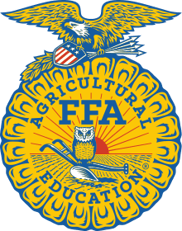
The National FFA Organization (FFA) is dedicated to preparing students for careers in the Agriculture, Food, and Natural Resources cluster.
FFA is made up of 8,995 chapters across all 50 states and Puerto Rico with a total membership at more than 850,000.
The overarching vision of FFA is to “grow leaders, build communities, and strengthen agriculture.”
The National FFA Organization focuses on more than just hands-on skills needed in the agricultural industry. Students in FFA also develop skills like leadership and communication that any employee would need.
In order to achieve those goals, the organization provides members with experiences to grow their knowledge and skills. These experiences include local chapter activities, competitive events, service projects, and the annual convention.
The National FFA Convention and Expo is described as “one of the largest student conventions in the world with a mission to develop, educate, and inspire.” Students who attend will have opportunities to meet up with other members, watch motivational speakers, attend skills workshops, and ultimately learn even more about their future careers.
7. SkillsUSA
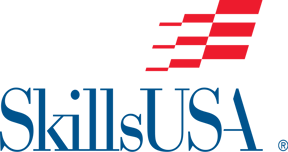
SkillsUSA is the most versatile of all of the CTSOs. Formerly known as the Vocational Industrial Clubs of America, SkillsUSA is applicable for students in any career cluster or pathway.
This versatility is shown in the numbers, as SkillsUSA has more than 393,000 members and 17,000 chapters across all 50 states.
Overall, the SkillsUSA Framework is designed to cover three types of skills:
- Workplace skills
- Personal skills
- Technical skills grounded in academics
In order to help members shape these skills, the organization provides leadership training, employability skills curriculum, skills assessments, and various events.
Of all those things, the organization calls the national Program of Work “the heart of SkillsUSA.”
The Program of Work is made up of seven goals, that all chapters are expected to meet:
- Professional development
- Community service
- Employment
- Ways and means
- SkillsUSA Championships
- Public relations
- Social activities
Ultimately, the program acts as guidelines for each local SkillsUSA chapter to ensure members are gaining all of the skills within the SkillsUSA Framework.
8. Technology Student Association
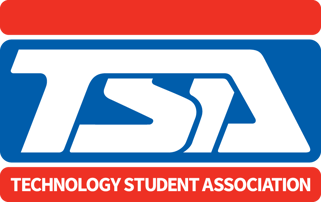
The Technology Student Association (TSA) is the only CTSO specifically focused on the Science, Technology, Engineering, and Mathematics (STEM) career cluster.
The organization’s mission is to “enhance personal development, leadership, and career opportunities” in those areas. This is accomplished both in and out of schools with a mix of curriculum resources, competitions, and other programs.
Currently TSA has more than 250,000 members in 2,000 chapters in nearly every state. The highlight for members is the chance to compete at state and national events, where they can demonstrate their knowledge and skills in a particular career pathway.
Something unique about TSA is their focus on supporting teachers as well as the student members. Along with the competitions and programs for students, TSA provides curriculum resources and activities that teachers can use to help their students succeed.
Additionally, TSA aligns all of their activities, resources, and competitions with national Technological Literacy standards.
So now that we’ve looked at each organization, let’s reflect on how CTSOs impact CTE across the US.
How Do CTSOs Impact CTE and the Workforce?
While each organization caters to different career clusters — ultimately they all accomplish the same thing:
CTSOs give CTE students additional opportunities outside of the classroom to grow and develop skills they will need within their chosen career paths.
These opportunities range from after-school activities and programs to competitive events where students demonstrate their skills.
Also, CTSOs give students ways to network with other students and industry partners to start building professional relationships.
Overall, being part of a CTSO can set students apart from those who aren’t members. Having membership listed on a resume can give someone a leg up over others when applying for a job, especially if they were in a leadership role in the organization!
Want to Overcome Common Challenges in CTE?
In this article, you’ve discovered the eight CTSOs and some of the advantages joining them can have for CTE students. Depending on your course, a CTSO might be exactly what you need to push students to the next level.
But even then, joining a CTSO can only do so much for your students and classroom. Most CTE teachers like you have more complex challenges you need advanced strategies to handle, including satisfying your course standards and engaging your students.
If you need solid strategies to help you solve problems that you face every day, check out this guide to overcoming the most common teaching challenges out there.
This guide goes in-depth into issues like student engagement, handling technology in the classroom, and more, offering strategies designed to make your class run smoothly and save yourself time in the process:
